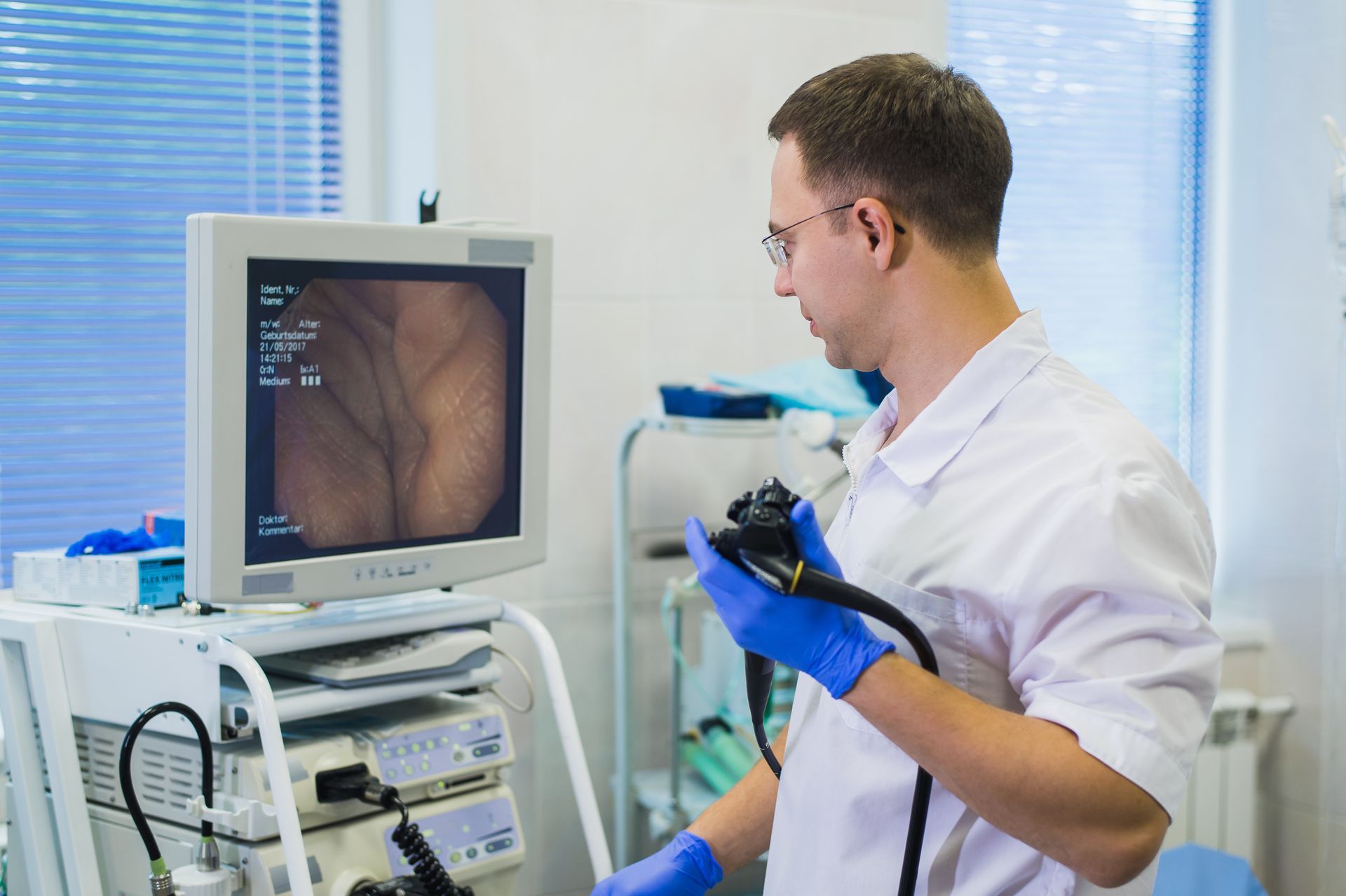Abdominal Pain by Location: What Does it Mean?
What if abdominal pain could provide insight on something deeper happening within our bodies? According to the CDC, chest and abdominal pain are the top two reasons for visits to the emergency room. The abdomen can be divided into four categories, roughly: upper and lower, right upper and lower, left upper and lower and pelvis. Keep reading to learn about the possible causes of your discomfort, based on where it hurts.
Causes of Upper Abdominal Pain
Angina
Though angina is usually associated with pain in the chest, abdominal angina is characterized by pain in the stomach after eating, usually in those who suffer from ongoing poor blood supply to their small intestines. This type of angina has been defined as “intermittent abdominal pain, frequently occurring at a fixed time after eating, caused by inadequacy of the mesenteric circulation resulting from arteriosclerosis or other arterial disease” by Stedman’s Medical Dictionary Online. Lifestyle changes like eating smaller, frequent meals and quitting or avoiding smoking may help ease discomfort.
Food Poisoning
Food poisoning is one of the most common causes of stomach pain – there are over 3 million cases per year in the US alone. Along with stomach pain, the ailment can also cause cramping, bloating, gas and nausea. What brings about food poisoning? The answer is usually bacteria – salmonella, clostridium botulinum, and some types of E. coli are the most common culprits. In most cases, it takes up to five days to heal.
GERD
GERD, also known as gastroesophageal reflux disease, is defined as chronic acid reflux. This backwash can damage the lining of the esophagus and cause major discomfort. In most cases, lifestyle changes can alleviate symptoms, but doctors recommend medication or surgery, should the condition worsen.
Causes of Lower Abdominal Pain
Crohn's Disease
Crohn’s Disease is an inflammatory bowel disease and can involve different areas of the digestive tract depending on the person. Digestive tract inflammation brings about stomach pain because of how deeply it spreads into the layers of affected bowel tissue. Though there is no known cure, treatments can allow those suffering from Crohn’s to function well.
Endometriosis
Many women who experience a painful menstrual cycle every month learn that they suffer from endometriosis, a condition in which tissue that normally lines the inside of the uterus — the endometrium — grows outside the uterus. The displaced tissue has no way to exit the body and becomes trapped. When the ovaries are involved, cysts called endometriomas may form and cause severe stomach pain, especially during menstruation. Effective treatments are available, fortunately.
Kidney Stones
The pain felt from passing kidney stones is often compared to childbirth – that is, it’s one of the most intense stomach pains of all. The stones are hard deposits made up of protein and salts, usually formed when urine becomes concentrated. Luckily, if recognized in enough time, the stones will likely not cause permanent damage. Drink plenty of water as a preventative measure!
No matter the location of your stomach pain, the doctors at Digestive Diseases Center are fully equipped to diagnose your condition and put you on the path to recovery. To schedule an appointment with a gastroenterologist, click below to contact us today!
CONTACT
850-763-5409
ADDRESSES
4 LOCATIONS
204 E 19th Street, B, Panama City
12216 Panama City Beach Pkwy, D, Panama City Beach
4295 3rd Ave, Marianna
101 Good Morning St., 109B, Port St. Joe
Subscribe to our newsletter:
subscribe to our newsletter
We will get back to you as soon as possible.
Please try again later.



